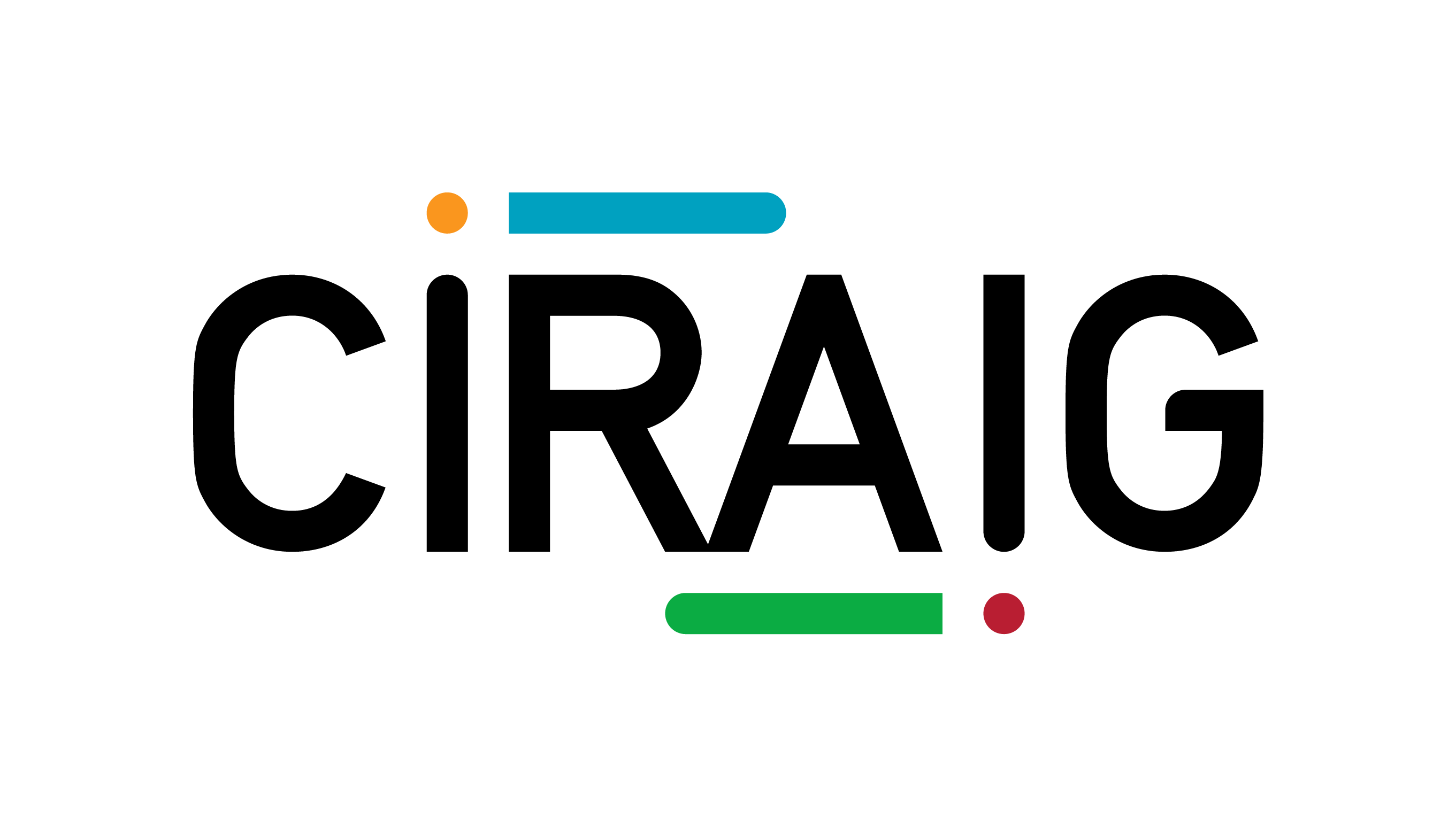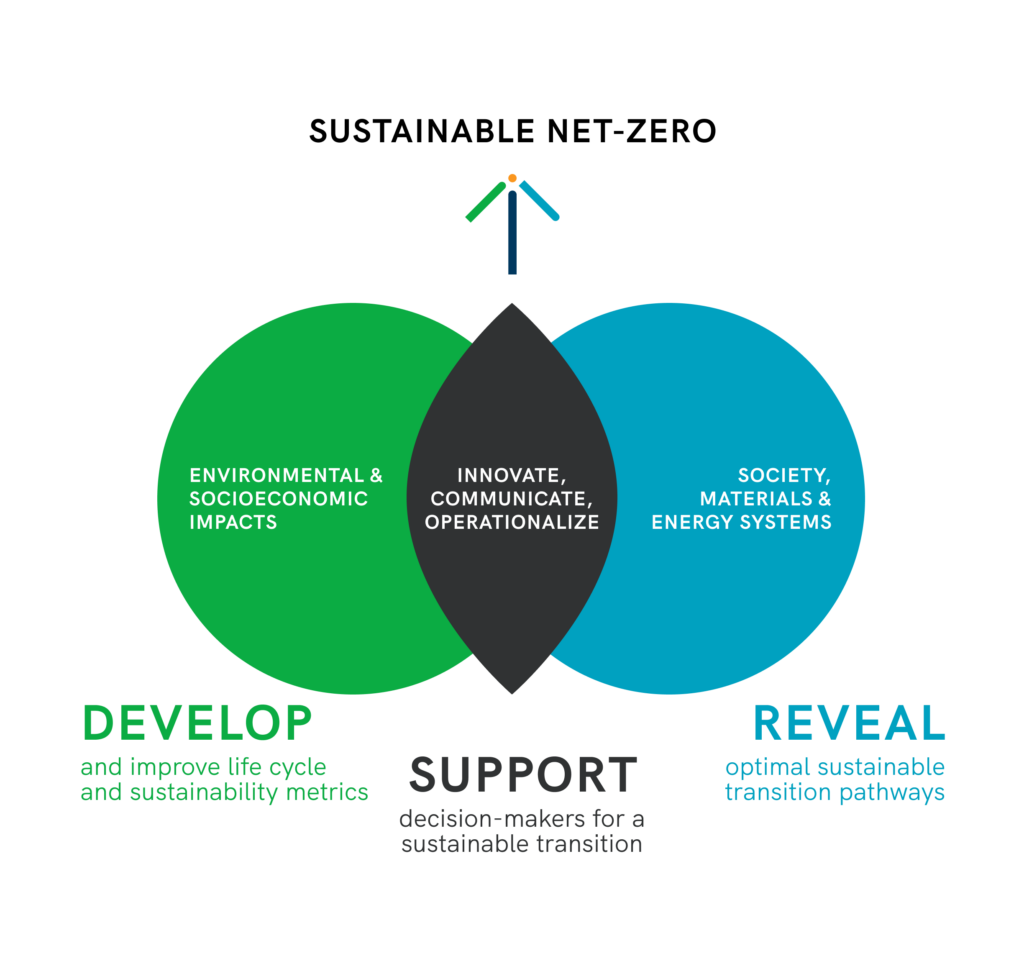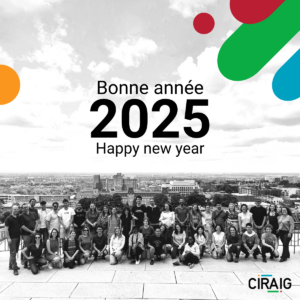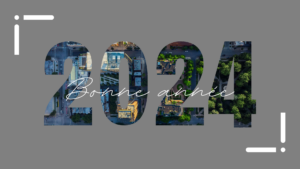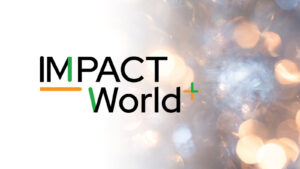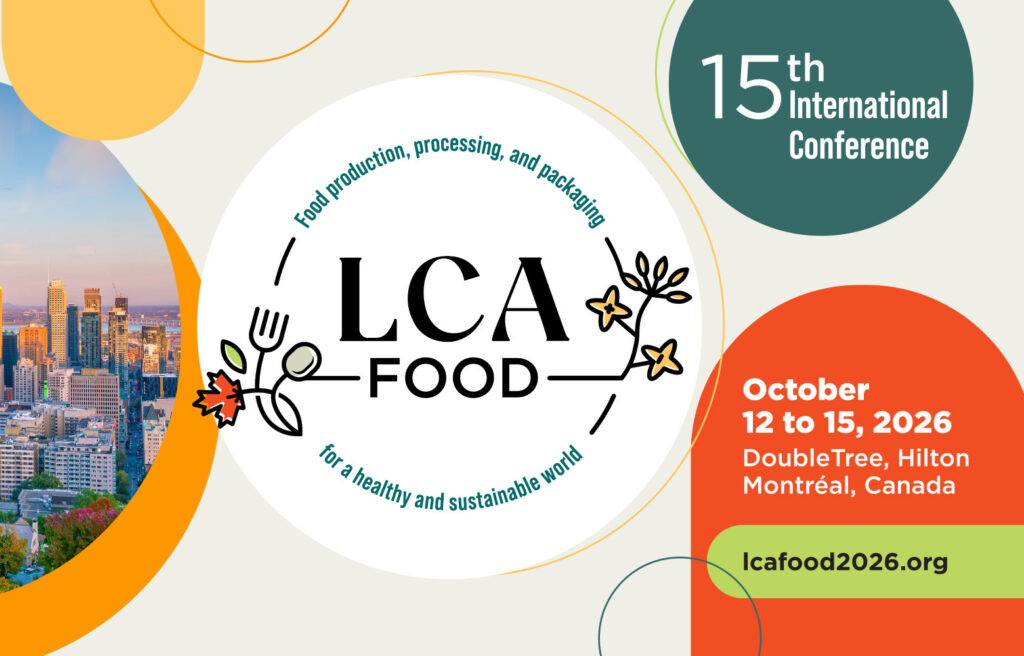The Consortium’s research program aims to provide scientifically robust information and tools to support informed business and societal decisions for a sustainable transition towards a net-zero economy. Our research activities will be deeply rooted in the continued improvement and development of life cycle and sustainability metrics and tools. It will also provide a deeper understanding of complex systems to reveal and anticipate optimal transition pathways and thus guide partners’ strategic and operational decisions in a net-zero context.
Led by the CIRAIG, the Consortium will benefit from the research expertise of several research institutions.
Polytechnique Montréal and ESG-UQAM based in Montréal, Canada have been the Chair’s home institutions since its very first mandate. Both have acquired internationally recognized expertise in life cycle perspective and sustainability metrics (life cycle assessment, material flow analysis, extended input/output analysis, environmental and social impact assessment, planetary boundaries, circularity and industrial ecology).
EPFL and HES-SO are Swiss-based institutions that broaden the Consortium’s research expertise in complex systems integration and modelling (thermo-economic modelling, large and integrated system analysis, multi-objective optimization, prospective modelling, process integration, resource and energy efficiency).
Scientific Program
The Consortium’s research program aims to provide scientifically robust information and tools to support informed business and societal decisions for a sustainable transition towards a net-zero economy. Our research activities will be deeply rooted in the continued improvement and development of life cycle and sustainability metrics and tools. It will also provide a deeper understanding of complex systems to reveal and anticipate optimal transition pathways and thus guide partners’ strategic and operational decisions in a net-zero context.
The research program is organized around three interconnected research axes.

| Developing and improving life cycle and sustainability metrics This axis focuses on the development and improvement of life cycle and sustainability metrics to assess environmental and socioeconomic impacts. | Revealing optimal sustainable transition pathways This axis aims to understand complex systems to anticipate their reactions and direct influence on business activities and strategic decisions, specifically by focusing on the roles of resources and materials, energy and societal uptake. | Supporting decision makers for a sustainable transition This axis aims to empower businesses and decision makers through operational research and knowledge transfer to achieve their sustainability ambitions. |
Contact us for more information about the Consortium
WORKING GROUP
| Co-directeurs Manuele Margni Cécile Bulle Réjean Samson François Maréchal | Professeurs affiliés Anne-Marie Boulay Guillaume Majeau-Bettez | Contributeurs Laure Patouillard Nicolas Merveille François Saunier Dominique Maxime Sara Russo Garrido |
DEDICATED PARTNERS
With an annual budget of over 1M$, the Chair brings together eleven industrial partners: ArcelorMittal, Hydro-Québec, LVMH, Michelin, Nestlé, Optel Group, Solvay, TotalEnergies, Umicore, Richemont and OCP Group.
BUILDING ON A ROBUST LEGACY
Established in 2001, the International Reference Centre for the Life Cycle of Products, Processes and Services (CIRAIG) is a centre of expertise in life cycle issues that has earned global recognition for its scientific research and applied experience. Its historical research unit, the International Life Cycle Chair, is a leading reference in the field of life cycle assessment and has a remarkable track record of developing and operationalizing sustainability metrics and assessment tools.
The Chair carried out its first (2007–2011), second (2012–2016) and third (2017–2021) mandates with international partners in key economic sectors, including energy, transportation, telecommunications, metals, chemical products, retail, food, aerospace, waste management, pulp and paper and financial services.
The Chair conducts leading-edge interdisciplinary research and develops results-oriented tools to address critical sustainability issues from a life cycle perspective. The CIRAIG’s research team also plays an important role in knowledge transfer by bridging industrial realities and proven scientific expertise.
